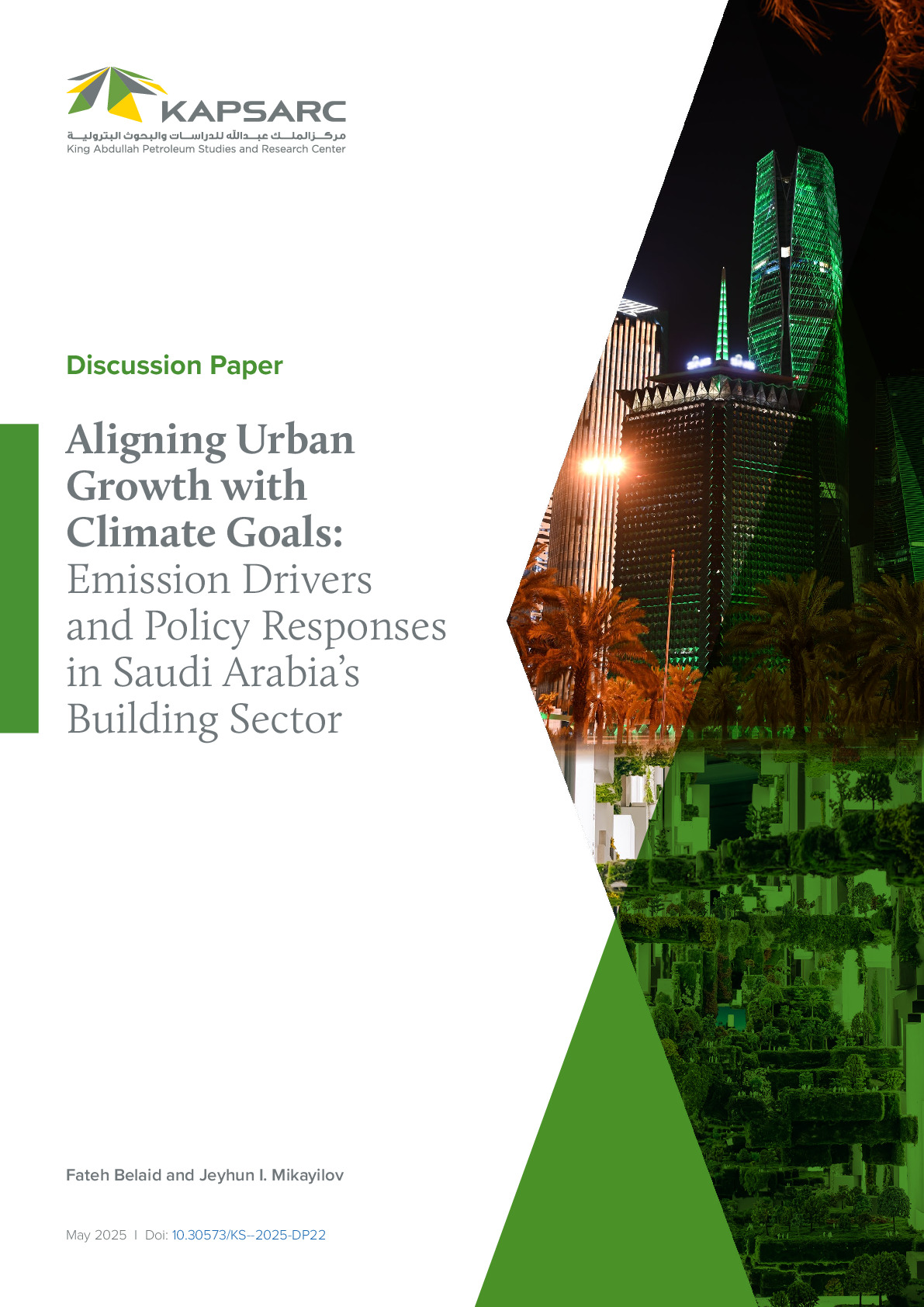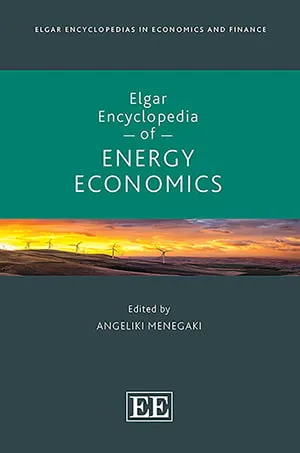This study combines an econometric analysis and a Monte Carlo simulation to explore the drivers of carbon dioxide (CO₂) emission reductions in the Saudi building sector, with a particular focus on energy efficiency. Historical data from 1990 to 2022 are used to estimate the effects of energy efficiency, electricity prices, and urbanization on CO₂ emission reductions. The analysis then projects plausible emission trajectories out to 2060, supplemented by a classification and regression tree technique, to identify salient drivers under low-, medium-, and high-emission scenarios. The findings reveal that a 1% increase in the gross domestic product (GDP) intensity of electricity consumption corresponds to a 0.30% rise in CO₂ emissions associated with buildings, whereas a 1% increase in electricity prices is associated with a 0.31% decrease. Additionally, a 1% increase in urbanization correlates with a 6.16% rise in emissions. Scenario discovery shows that aggressive energy efficiency improvements and cost-reflective electricity pricing – implemented without delay – are crucial for achieving substantial CO₂ emission reductions by 2060. Conversely, the high-emissions scenario demonstrates the limitations of relying solely on price signals to curb demand, particularly amid rapid urbanization and insufficient efficiency gains. Projections indicate that by 2060, per capita CO₂ emissions could decrease to about 4.45 tonnes (24.6% below the 2022 baseline of 5.9 tonnes) under proactive intervention or increase to 6.27 tonnes (6.4% above the baseline) if current trends persist. These results emphasize the necessity of a multifaceted approach to curbing emissions effectively. To support buildings in Saudi Arabia, specifically on the demand side, the findings point to the necessity of an early and sustained effort combining technical improvements in energy efficiency, shifts in user behavior, integrated urban planning, and adaptable policy frameworks.

Principal Fellow- Climate and Sustainability
Fateh was a full professor of economics at Lille Catholic University and director of the Smart & Sustainable Cities research…
Fateh was a full professor of economics at Lille Catholic University and director of the Smart & Sustainable Cities research unit. Fateh has also held various positions at the French Scientific and Technical Center for Building and led multiple collaborative projects for the French Ministry of Ecological Transition and the European Commission. He is an energy and environmental economist drawing from the fields of applied microeconomics, energy modeling, and econometrics. He has published widely on household energy consumption, energy-saving behaviors, individual preference and investment in energy efficiency, energy poverty, renewables, and energy policy. He received a habilitation for supervising doctoral research from Orléans University, a Ph.D. in Economics, an M.S. in Applied Economics & Decision Theory from Littoral University, and an engineering degree in statistics. His work has been published in journals including Ecological Economics, The Energy Journal, Energy Economics, Economic Surveys, Energy Policy, and Environmental Management
Expertise
- Energy and Environmental Economics; Energy Efficiency; Energy Demand; Fuel Poverty; Energy Policy; Energy Saving Behaviors; Applied Econometrics; Smart and Sustainable Cities.
Publications See all Fateh Belaïd’s publications

Aligning Urban Growth with Climate Goals: Emission Drivers and Policy Responses in Saudi Arabia’s Building Sector
This study combines an econometric analysis and a Monte Carlo simulation to explore the drivers…
27th May 2025
Advancing Hydrogen in Saudi Arabia: Evidence-Based Insights from Stakeholder Engagement and Expert Survey
This study combines an econometric analysis and a Monte Carlo simulation to explore the drivers…
22nd May 2025

